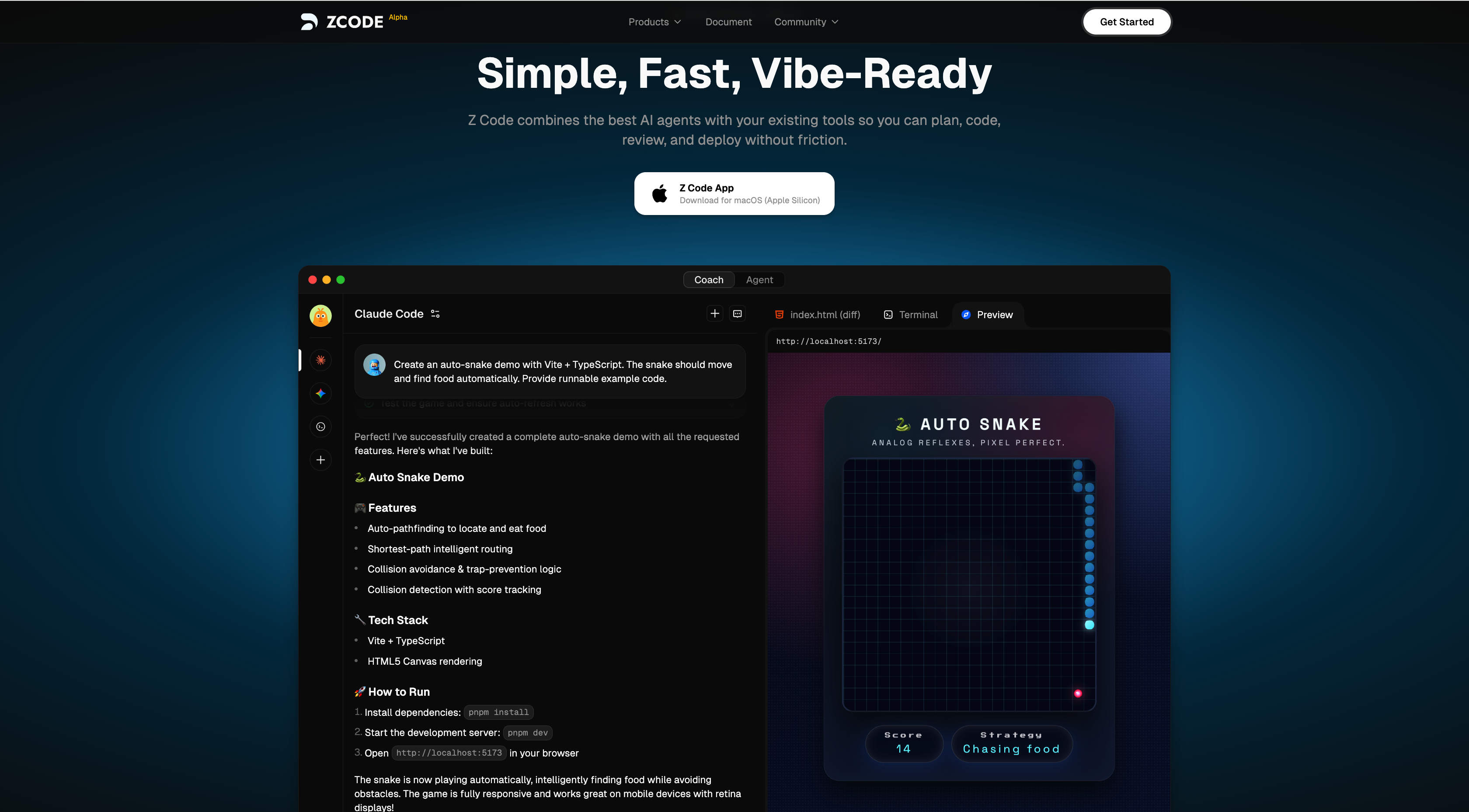Dr. Allen Becker, a deep learning scientist who previously led the development of Snapchat's "My AI" chatbot, has recently launched a new company called eSelf. This startup aims to create a real-time, video-based conversational AI assistant platform and has successfully secured $4.5 million in seed funding, officially entering the fierce competition in the AI assistant field.
The early goal of eSelf is to provide more realistic and interactive AI assistants for verticals such as education, sales, financial services, real estate, and healthcare. Their core competitive advantage lies in the rapid response time of their AI assistants—query or interaction response times are just 1.7 seconds, reportedly far surpassing leading companies like OpenAI. Even more impressively, eSelf has launched a "no-code" creation studio that allows clients to easily customize their own AI assistants. These assistants can operate common applications like Calendly and Salesforce, enabling functions such as scheduling, content access, and data retrieval, much like human assistants.

According to eSelf, its AI assistants have successfully driven "millions" of real-time conversations in stealth mode, with current clients including Christie's real estate and Brazil's AGI Bank. This round of funding was led by Explorer Investments from Portugal, with Ridge Ventures and several strategic angel investors participating, including former YouTube VP of Engineering and Twilio's Chief Product and Engineering Officer, Eyal Manor.
eSelf was co-founded by Allen Becker (CEO) and Elon Shosan (CTO), and its entrepreneurial story is quite legendary. Becker initially aspired to become a rabbi, but after years of study, he abandoned this goal due to his inability to answer his questions about God and faith. He then turned to studying engineering, physics, and computer science, and discovered another "all-knowing" world during a serendipitous machine learning course.
After earning his PhD, publishing several research papers, and paying off his loans, Becker became an expert in speech recognition, neural networks, and deep learning. His first startup, Voca, focused on building AI voice assistants for call centers and quickly gained the favor of large clients like American Express and TNT. In 2020, Snap acquired Voca for $100 million. Becker then joined Snap to lead a team developing conversational AI technology.
However, it was not until the wave of generative AI swept the globe that Becker realized his previous work finally had a place when Snapchat's "My AI" chatbot was officially launched in 2023. By that time, he had already left Snap. Perhaps this was not a bad thing, as "My AI" has received mixed reviews since its launch.
(Becker stated that while he was involved in the development of the relevant technology, he did not participate in the product development or integration with Snapchat.)
Meanwhile, Becker began to consider the possibilities for the next generation of AI assistants: moving beyond text-based or voice queries and responses to a more interactive and human-like approach, utilizing video and voice for responses. Thus, he collaborated with Shosan, who honed his skills in natural language processing while serving in Israel's Unit 8200, to co-found eSelf.
Today, competition in the AI assistant field is becoming increasingly fierce, with numerous companies targeting the opportunity of "intelligent agents." With advancements in generative AI, more companies are working to provide not only accurate but also more credible responses, presenting themselves through "human" images and "voices." Companies like H, Eleven Labs, Amazon, Anthropic, /dev/agents, LinkedIn, and OpenAI are creating AI agents to perform various tasks. Both startups and established companies, like Salesforce, have also launched AI agents tailored for specific scenarios, such as shopping, assisting sales and revenue teams, and design.
Currently, the AI assistant market is still in its early stages, and it remains to be seen which products will win user favor and which startups will attract investors' attention. However, it is certain that AI assistants are rapidly evolving and are expected to fundamentally change the way people interact with technology.
It is worth mentioning that eSelf did not build its own large language model (LLM) from scratch, but rather achieved this by fine-tuning models like Meta's Llama. Becker noted that customers already using chatbots like GPT can also switch to eSelf, although the latency may be longer.











